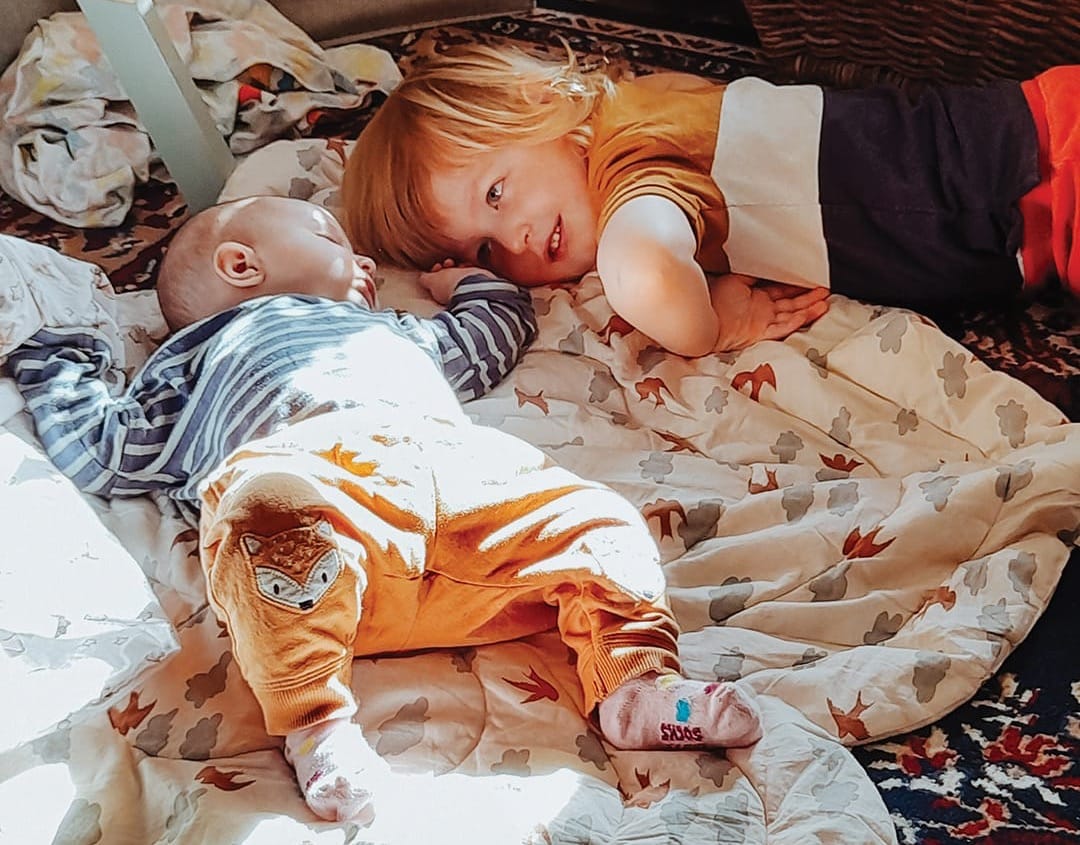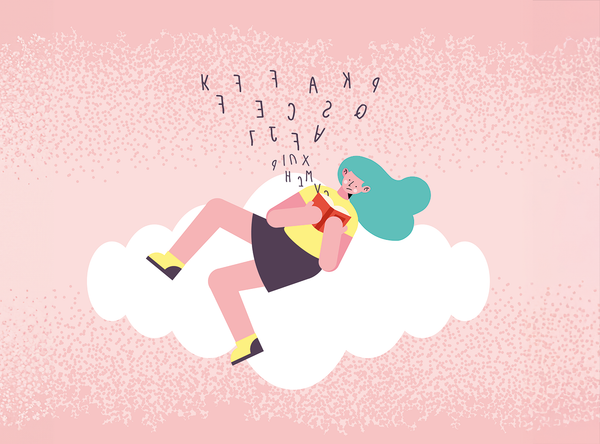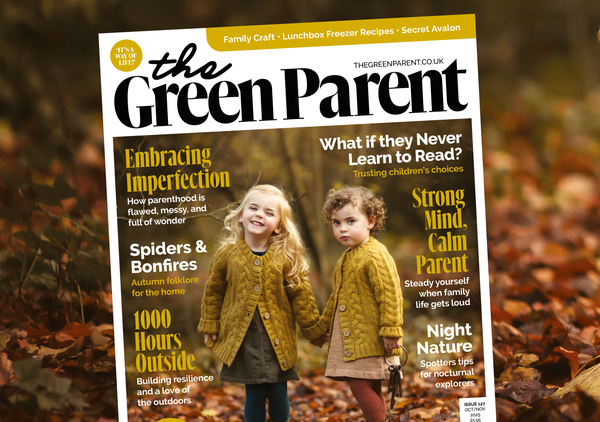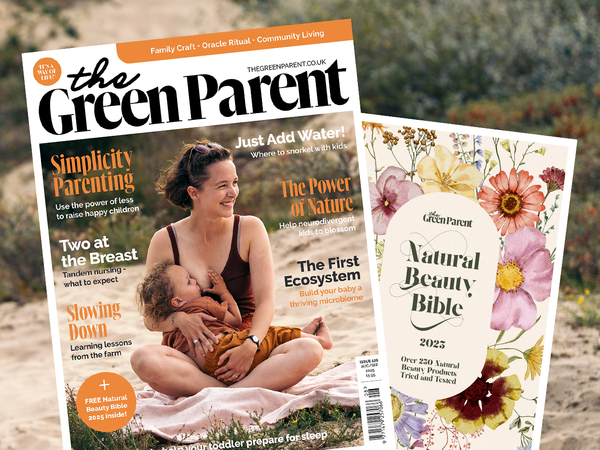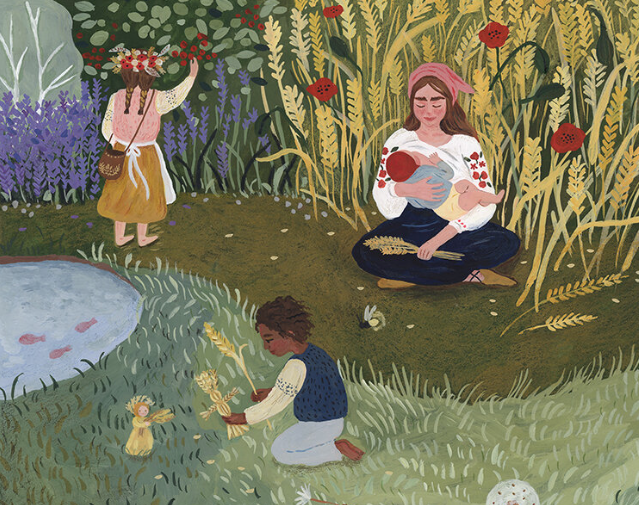Before I had children, I lived with a quiet, subtle longing for a life wrapped in perfection. I didn't think of it that way, of course—not consciously, anyway—but I built my days around tidy ideals. I wanted a home where everything fit neatly into its place, a smooth rhythm that guided each hour of the day, a life that hummed along like a song in perfect pitch. I dreamed of family life as a kind of idyllic portrait, the kind you might see framed on a magazine cover—a beautiful scene, serene and certain, unblemished by disorder.
But parenthood, like life itself, has a way of dissolving these illusions. Children arrive not as the carefully shaped figures we might imagine, but as wild and wondrous beings who scatter pieces of themselves everywhere. They arrive with their own rhythms, their own desires, and their own ways of seeing the world. And, as they grow, they show us—sometimes gently, sometimes with great force—that life was never meant to be perfect.
It is in this space between expectation and reality that I began to understand the paradoxes of parenthood—the way it can break you open, leave you bare and vulnerable, yet fill you with a strength and love so deep it defies all logic. It is a journey of disillusionment, yes, but not the kind that leaves you empty. It is a disillusionment that offers a gift: the chance to let go of your preconceptions, to surrender the idea of what life should be, and to embrace the imperfect beauty of what it truly is.
Becoming Real Through Love
There’s a line from The Velveteen Rabbit that has stuck with me: “Real isn't how you are made. It's a thing that happens to you.” I think of this often when I look at my home now, when I see the worn edges of furniture once pristine, the floors marked with the trace of little feet, the stains on the carpet that tell the story of spilled juice and dropped art supplies, the chipped mug or a plate that has barely survived a birthday party.
In the story, the Velveteen Rabbit starts out shiny and perfect, untouched by the world. But it is through being loved—being held and carried, dragged through the dirt and slept with every night—that he becomes real. And isn’t that what happens to us, too? As parents, we come into this experience with ideas about how it will look, how we will behave, how we will carry ourselves. But slowly, as our children pull us into the mess and wonder of their world, we are reshaped by love.
At first, I resisted this transformation. I wanted the polished version of motherhood, the version where I still held onto some resemblance of order, where I could keep things neat and predictable. But life with children is anything but predictable. They upend our routines, scatter our carefully curated plans, and teach us that the things we once held dear—the spotless counters, the quiet, uninterrupted hours—don’t matter in the way we thought they did. Instead, we begin to see that the things we truly love are those that carry the marks of time, of memory, of relationship. They are the things that have become real through use, through love, through the everyday acts of living.
My home is far from perfect, and yet, in its imperfections, it feels more alive than it ever did when I was striving for that unattainable ideal. These are not signs of failure or neglect; they are signs of life. And it is in this lived-in space that I find a sense of peace, of belonging, of authenticity.
Motherhood is full of paradoxes. It is, at once, the most exhausting and the most exhilarating experience I have ever known. My children are testing the limit of my patience, yet they also expand the boundaries of my heart. They have brought chaos into my carefully ordered world, but within that chaos, they have created moments of pure, unfiltered joy which I wouldn't trade for the world.
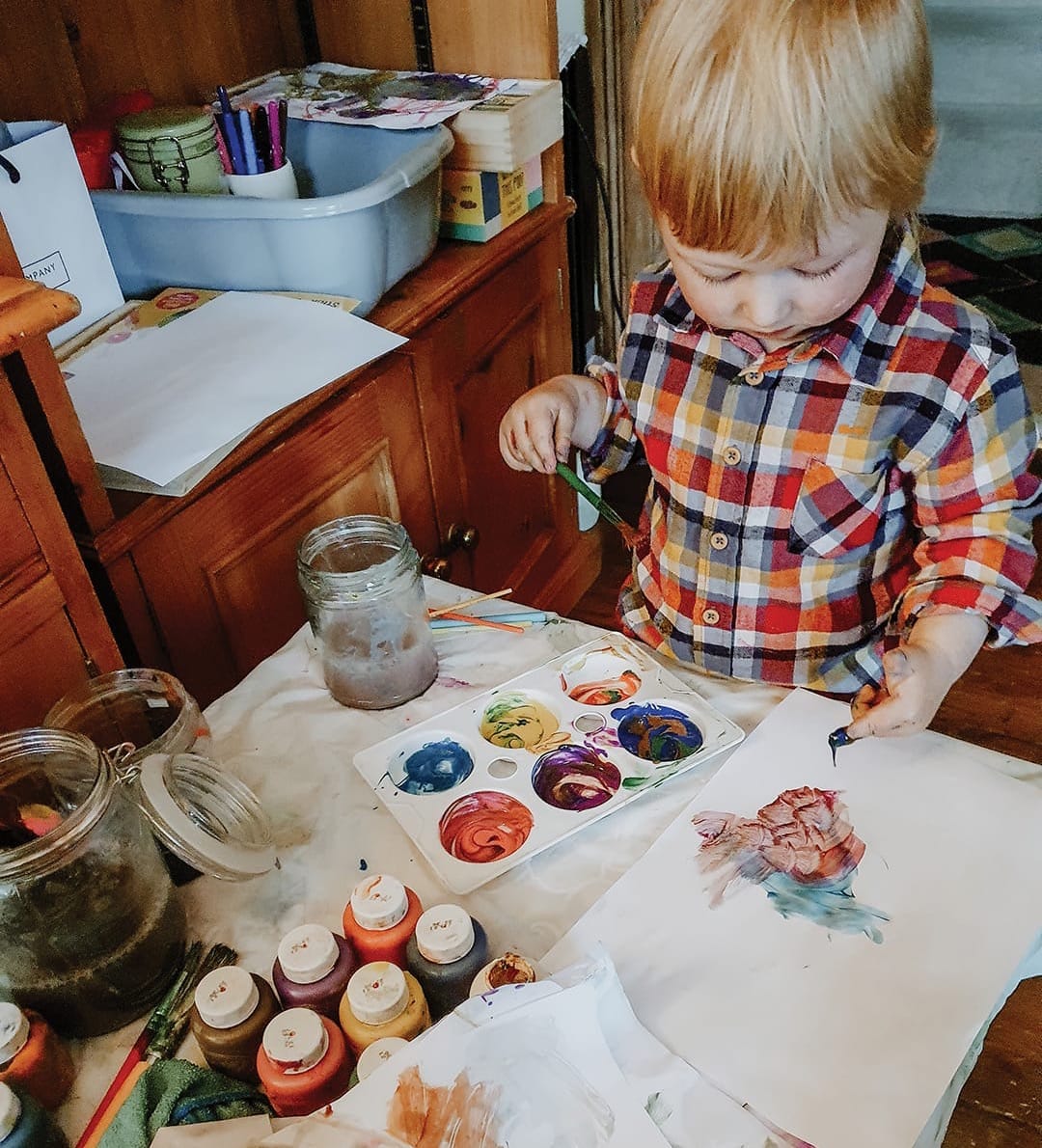
ʻChildren arrive not as the carefully shaped figures we might imagine, but as wild and wondrous beings who scatter pieces of themselves everywhereʼ
What Really Matters
I remember being an arrogant 20 year old, thinking how I would never compromise my polished look (manicure, pedicure, elaborate skin care, daily makeup and hair styling, high heels and lingerie, the list is really endless…) I was so judgemental of the women, the mothers I'd see who looked different. Now after becoming the mother myself…I get it. Not only do I get it but I've actually become one of them! I wear what's comfortable and what I don't mind getting dirty whilst playing mud pies with my toddler, I don't go to a salon to save family budget and can skip leg shaving for weeks at a time. And here's the truth…I've never been happier.
Children, in their infinite wisdom, have a way of showing us what really matters. They strip away the layers of pretense, leaving us with only what is true.
I remember one particular evening, a few months into my second child’s life, when I found myself sitting on the floor of the living room, surrounded by toys and laundry. The house was a mess, the dinner I had planned had yet to be cooked, and I felt utterly exhausted. But then, in the midst of my frustration, my older child crawled into my lap, pressing his face against my cheek. “I want cuddle,” he said, and in that moment, the mess didn’t matter. The dinner didn’t matter. All that mattered was the warmth of his small body against mine, the softness of his voice, the overwhelming love that filled the room.
Parenthood has a way of stripping us bare, of making us confront our limitations and our imperfections. But it is in these moments of vulnerability that we find our greatest strength. It is in letting go of the need for control, for perfection, that we open ourselves to the possibility of real connection.
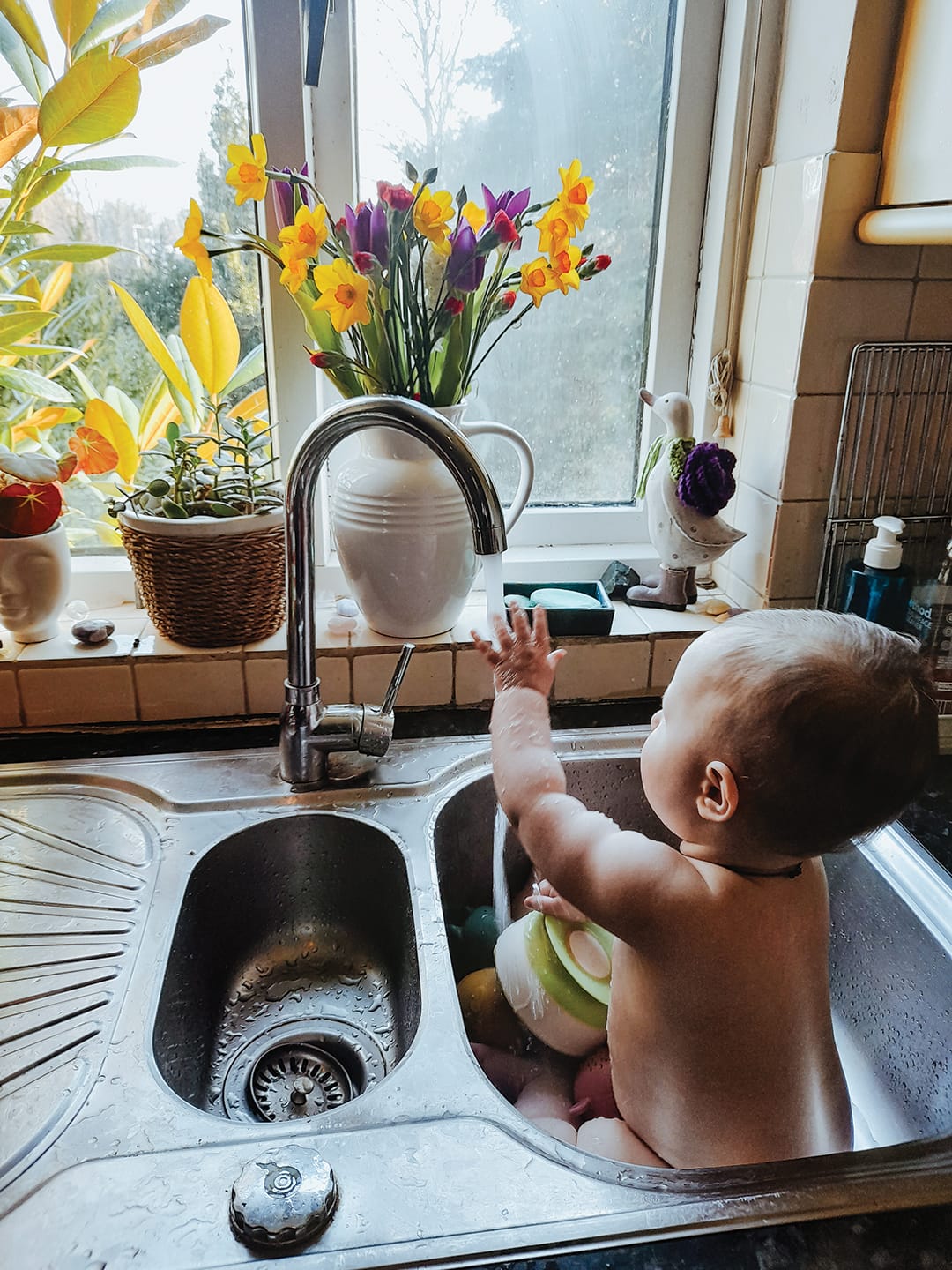
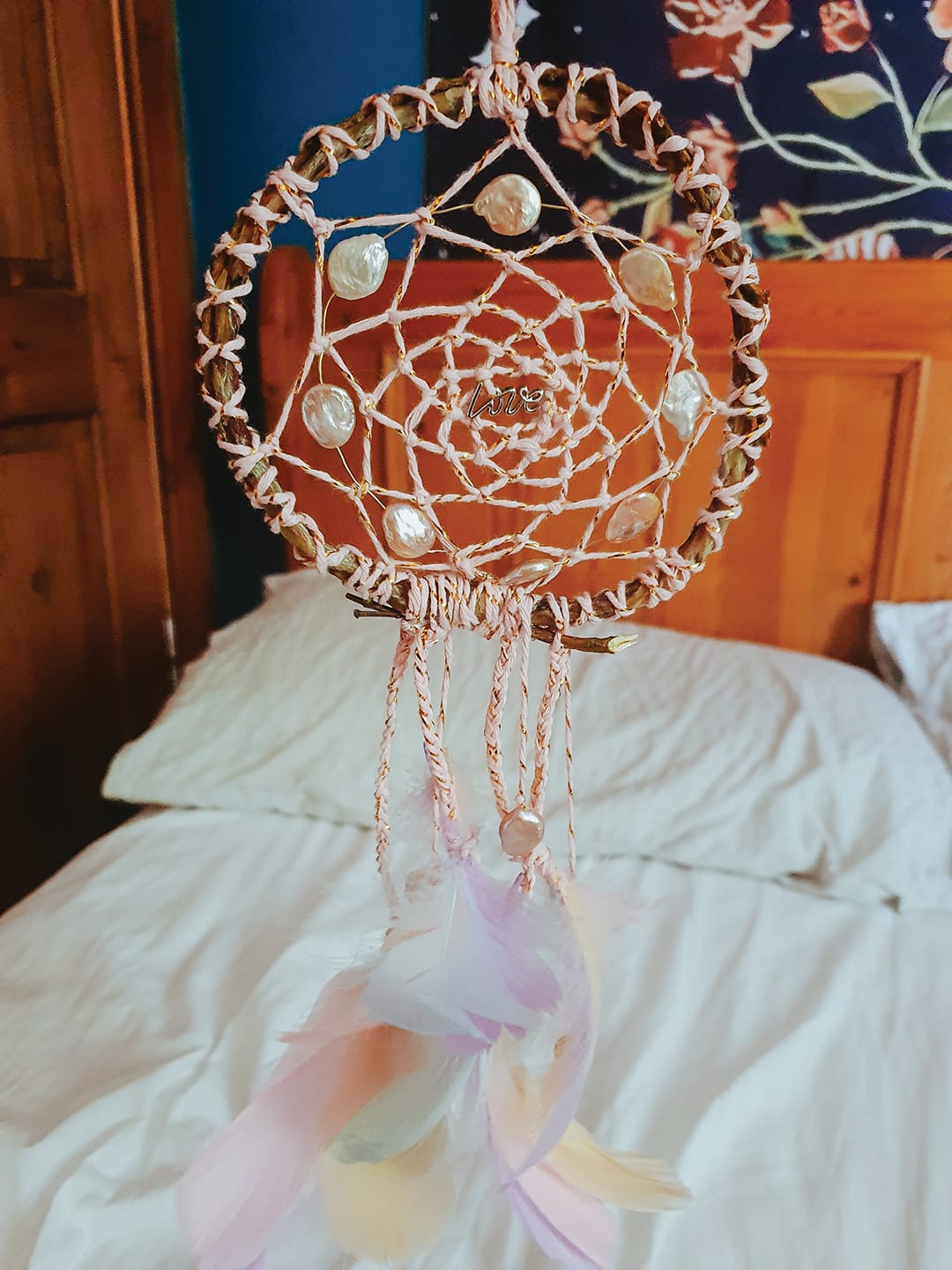
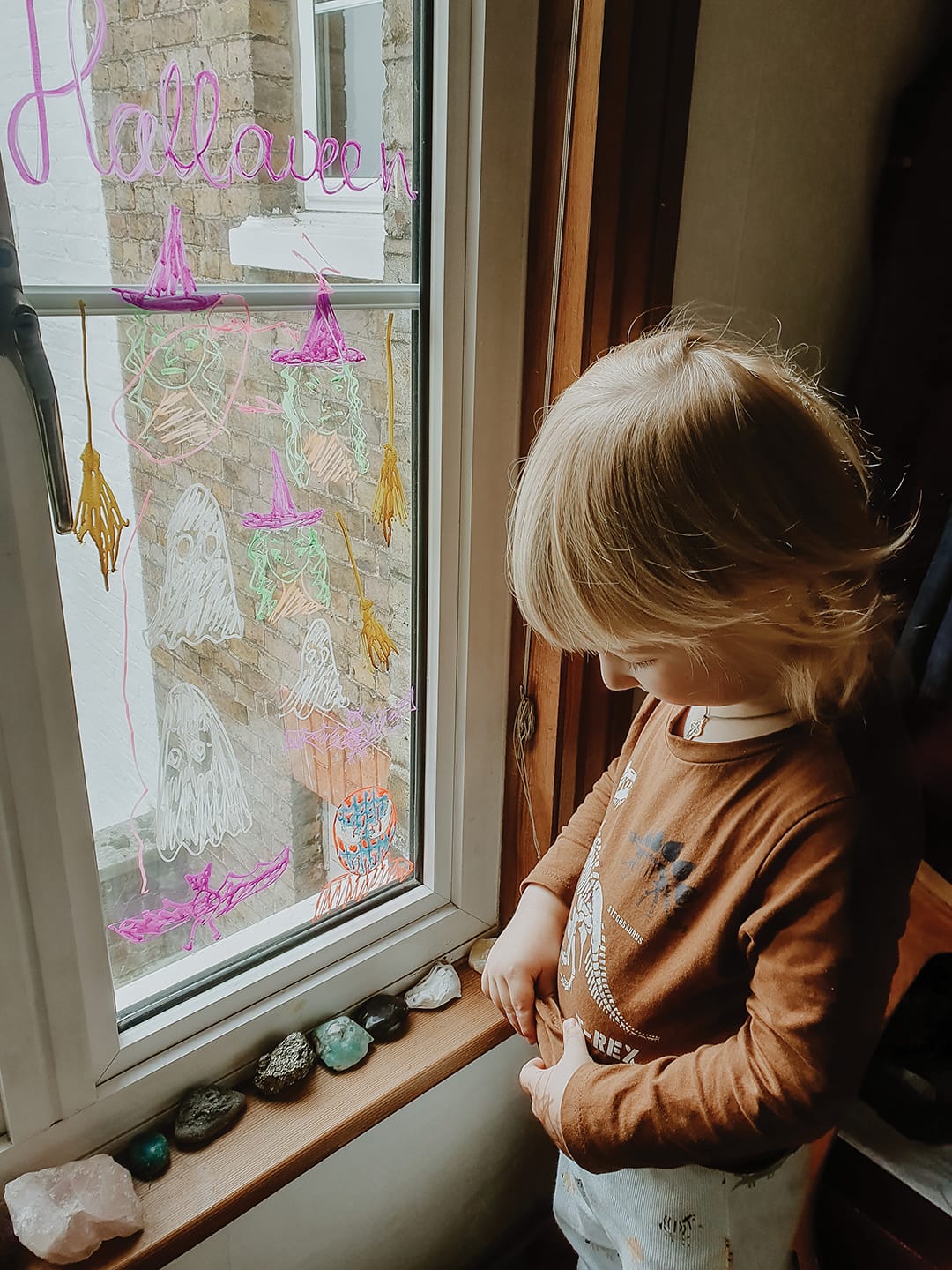
ʻParenthood has a way of stripping us bare, of making us confront our limitations and our imperfectionsʼ
The Gift of Imperfection
As I sit here now in the moment of solitude, I see that my life is full of paradoxes. My house, once carefully curated, now bears the marks of a family that lives and breathes within its walls. The fingerprints on the windows, the scuffed floors, the toys strewn about—these are not signs of disorder, but of life unfolding. My children, wild and unpredictable, have taught me that home is not a place of perfection, but a place where we are free to be ourselves, fully and without pretense.
A perfect home, I’ve come to realize, is not one filled with the latest trends or polished to a shine. It is a home that feels lived in, loved, and real. It is a space where we can show up, in all our messiness and imperfection, and know that we belong. It is a home where laughter mixes with tears, where the mundane becomes sacred, where the daily rhythms of life—the meals, the conversations, the bedtime stories—create a sense of meaning and connection.
This is the gift of imperfection, the gift of disillusionment. It is not a loss, but a deepening—a way of seeing the world as it truly is, flawed and messy and full of wonder. And it is through this lens that I have come to understand that the life I am living, with all its paradoxes, is more beautiful than anything I could have imagined.
Like the Velveteen Rabbit, I have been worn down by love, by use, by the everyday acts of parenting. I am no longer the polished version of myself I once thought I needed to be. I have been made real through the tears, the laughter, the late nights and early mornings, the moments of joy and frustration that define this journey.
And in becoming real, I have found a deeper sense of peace, a fuller understanding of what it means to live authentically. Life is not meant to be perfect; it is meant to be lived. It is meant to be full of contradictions, of moments that break us open and moments that heal us. And in this beautiful mess, we find ourselves—imperfect, but real.
Maria Rogers is an award-winning musician and a mother of two children (age 3, and 1), living near Windsor. Passionate about magical storytelling she created Inside A Fairytale project, aimed to add enchantment into the everyday life. insideafairytale.co.uk
This article appears in issue 127 of The Green Parent magazine. Sign up here for free account to download the whole magazine here.


